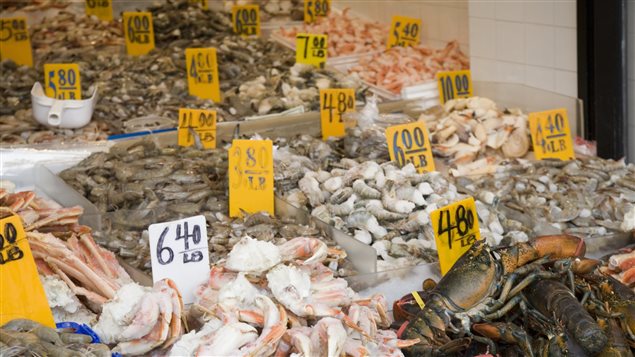A new report from the University of British Columbia says all fishing on the high seas should be stopped.
The study was commissioned by the Global Ocean Commission and was conducted independently by Alex Rogers of Somerville College, Oxford, and by Rashid Sumaila (PhD), professor and director of the Fisheries Economic Research Unit at UBC.
ListenThe study examined the economics of high seas fisheries and found that it was far more valuable to leave fish in the oceans as a carbon sink, than they were when captured for food.

The study found that fish and aquatic life remove 1.5 billion tonnes of Co2 from the atmosphere every year.
In purely economic terms, based on carbon prices derived from data provided by the U.S. Federal Government Interagency Working Group, that represents a value of $148 billion USD annually. This figure includes the value of the carbon along with the benefits of mitigating the costs of climate change.
In comparison, some 10 million tonnes of fish are caught on the high seas each year for a value of about $16 billlion USD.
The high seas are defined as waters beyond 200 nautical miles from any coast and thus beyond any national jurisdiction.
Apart from the economics of high seas fishing, professor Sumaila says a ban on high seas fishing would give species a haven to recover population and in the end likely increase the amount of fish available to fisheries inside the 200 nm limit.
He points out that right now the seas and life in them are absorbing carbon and thus mitigating climate change for free.
“Keeping fish in the high seas gives us more value than catching them,” says Sumaila. “If we lose the life in the high seas, we’ll have to find another way to reduce emissions at a much higher cost.”
He notes that only about 3% of the fish caught on the high seas are those that spend all their lives there and a ban on high seas fishing would provide all those long term environmental and economic benefits with very little negative short term economic impact.







For reasons beyond our control, and for an undetermined period of time, our comment section is now closed. However, our social networks remain open to your contributions.